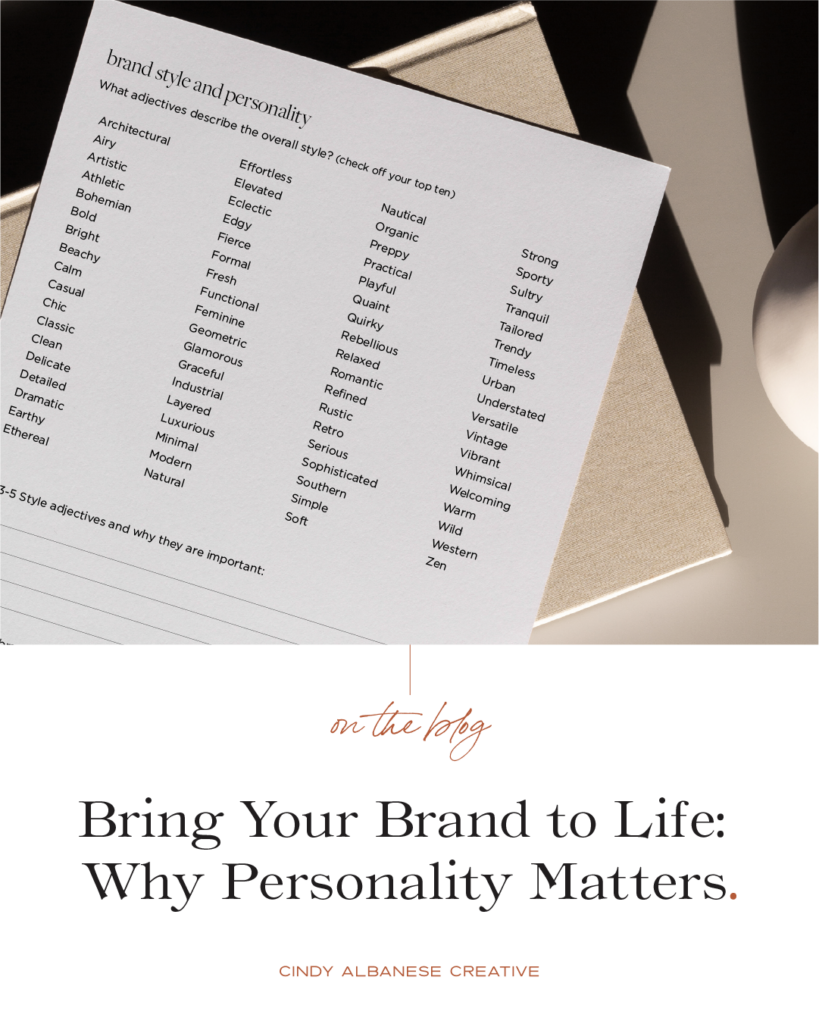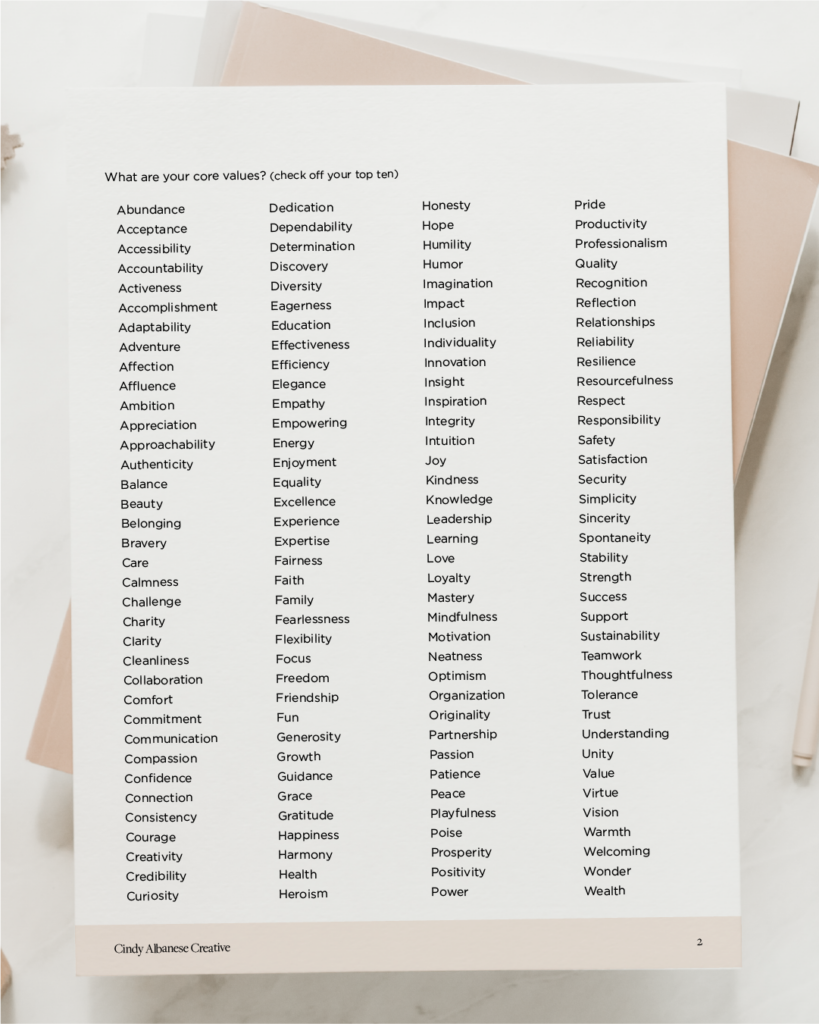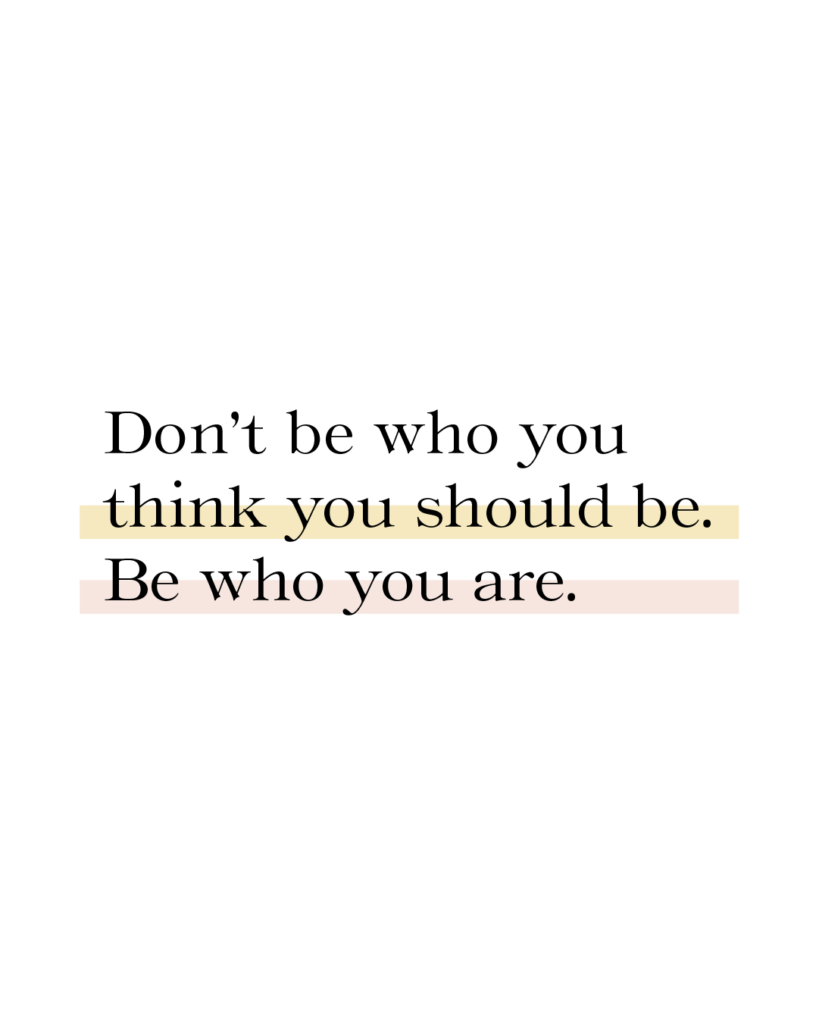Bring your Brand to Life: Why Brand Personality Matters

A successful brand is more than a product or service—it’s a feeling, a vibe, and a story. Your brand personality is what makes you memorable. It’s the spark that draws people in, helps them trust you, and keeps them coming back for more. Think of it as the soul of your business. It reflects your values, voice, and the unique way you connect with your audience.
Many brands miss the mark by being too generic, too formal, or trying to appeal to everyone. This makes them blend in instead of standing out. Defining a strong brand personality is crucial. It helps build lasting relationships with your audience.
Let’s look at how you can create a brand personality that is unforgettable.
What is brand personality?
Brand personality is a set of human traits and characteristics that a brand embodies.
It makes your brand relatable, memorable, and appealing to your target audience. It’s how your brand “behaves” and “speaks”. It gives your brand a unique identity that people can connect with on an emotional level.
Why does brand personality matter?
Your brand personality shapes the way people feel about your product or service. Here’s how:
Differentiation: It sets your business apart from competitors in a crowded market.
Connection: Helps your audience feel an emotional tie to your brand.
Consistency: Guides your messaging, visuals, and marketing strategy.
Trust and Loyalty: Builds familiarity, which leads to trust and repeat business.
What are the elements of a brand personality?
Tone of Voice: How the brand communicates. How you talk to your customers. (e.g., friendly, formal, witty, authoritative).
Values and Beliefs: What the brand stands for and represents. (e.g., sustainability, empowerment).
Emotional Impact: How the brand makes people feel (e.g., inspired, comforted, excited).
Visual Identity: Colors, typography, photography and design that support the personality. (e.g., playful brands may use bright colors, while luxurious brands may use elegant designs).
How do I define my brand personality?
Defining your brand personality starts with brand strategy.
Your brand strategy is a long term plan. It helps establish your brand and differentiate you in the market.
The elements of brand strategy include: Brand Purpose, Brand Vision, Brand Values, Target Audience, Brand Positioning, Brand Personality and Brand Voice.
Defining your brand strategy will provide clarity for your brand. It helps you discover your deeper purpose. Having clarity will allow you to better communicate your brand message and vision.
Here’s a few questions to help define your brand personality:
- If your brand were a person, what would their 3 key traits be?
- How do you want your audience to feel when they interact with your brand?
- What tone of voice best reflects your brand’s values?
- Which brands inspire you, and why?
Brand personality traits and adjectives used to describe your brand. Which adjectives would you use to describe your brand personality?
Abundant
Accessible
Adaptable
Adventurous
Affectionate
Ambitious
Approachable
Artistic
Aspirational
Attentive
Authoritative
Balanced
Bright
Brave
Candid
Carefree
Caring
Casual
Cheerful
Charming
Classic
Clean
Collaborative
Compassionate
Comprehensive
Confident
Creative
Cutting Edge
Daring
Delicate
Detailed
Direct
Distinctive
Dramatic
Earthy
Eclectic
Edgy
Elevated
Energetic
Effortless
Ethereal
Feminine
Fierce
Formal
Fresh
Functional
Generous
Glamorous
Graceful
Honest
Industrial
Intelligent
Luxurious
Minimal
Modern
Natural
Optimistic
Organic
Playful
Practical
Preppy
Quaint
Quirky
Rebellious
Refined
Relaxed
Retro
Romantic
Rustic
Serious
Simple
Soft
Sophisticated
Strong
Sultry
Tailored
Timeless
Tranquil
Understated
Urban
Versatile
Vibrant
Vintage
Welcoming
Whimsical
Wild
Witty
Warm
Start by choosing your top ten brand personality keywords. Narrow the list down to 3–5 core traits to give your brand a clear, focused personality.
Now that you’ve defined brand personality keywords, here are some tips.
Tips for defining your brand personality.
Stay Authentic and Consistent
Your brand personality should be a reflection of your business and its mission.
It should be true to who you are as a brand.
Ensure that your tone, visuals, and messaging align with your personality.
It should be consistent across all touchpoints. Including your social media, website, customer interactions and print materials.
Play to your strengths. What makes you stand out in the marketplace. What does your business do differently than your competitors?
Why do your clients love collaborating with you?
Know Your Target Audience
Start by understanding who you’re speaking to. What are their values, preferences, and pain points? Think about their age, lifestyle, and aspirations. The more you know about your audience, the easier it is to connect. Craft a personality that resonates with them and feels relatable.
Embody Emotion Through Storytelling
People buy with their hearts, not their heads. Remember that people buy what they connect with, not what “makes sense”.
Help your audience connect with your brand through storytelling. Develop the story that aligns with your brand personality. This helps humanize your brand and makes it more engaging.
Be Adaptable
A brand needs to evolve to stay relevant. Trends and needs will evolve. Being adaptable ensures your brand will resonate with your audience over time.
When done right, your brand personality becomes a powerful tool. It builds trust, loyalty, and connection with your audience.
Defining your brand personality will save time. It makes the decision making process easier. It also helps shape everything you do in your brand.
Here’s some examples of brand personalities in action.
Nike: The Bold Motivator
Personality: Energetic, inspiring, and fearless.
Nike’s brand embodies a “can-do” spirit, encouraging people to push their limits and embrace an active lifestyle. Its famous tagline, “Just Do It,” reinforces this empowering and bold personality.
Headspace: The Calm Guide
Personality: Peaceful, approachable, and nurturing.
Headspace positions itself as a friendly and calming resource for mental health, helping users find mindfulness in a way that feels accessible and non-intimidating.
Whole Foods Market: The Conscious Advocate
Personality: Ethical, earthy, and informed.
Whole Foods focuses on sustainability, organic products, and wellness. Its brand personality resonates with health-conscious and environmentally-aware consumers.
Fitbit: The Friendly Accountability Partner
Personality: Reliable, approachable, and encouraging.
Fitbit encourages users to lead healthier lives with an easy-to-use, data-driven approach, while remaining supportive and motivational.
Lululemon: The Balanced Achiever
Personality: Zen, stylish, and aspirational.
Lululemon blends high performance with mindfulness, appealing to an audience that values fitness, self-care, and elevated style.
TOMS Eyewear (One for One): The Compassionate Advocate
Personality: Caring, ethical, and optimistic.
With its charitable initiatives tied to health and vision care, TOMS conveys a socially responsible and empathetic personality.
Dove: The Empowering Advocate
Personality: Compassionate, authentic, and empowering.
Dove’s brand personality centers on celebrating real beauty and promoting self-esteem. It emphasizes inclusivity, authenticity, and self-care, encouraging individuals to embrace their unique qualities. Through campaigns like “Real Beauty” and initiatives supporting body confidence, Dove positions itself as a caring, relatable, and socially responsible brand that prioritizes inner and outer well-being.
These brand personalities are rooted in the values and needs of their target audiences, helping these companies stand out and build lasting connections.
Are you ready to bring your brand personality to life?
Let’s collaborate to craft a thoughtful brand that connects deeply with your audience and sets you apart in the market.

Hi, I'm Cindy. I'm a branding expert who is passionate about health and wellness.
I’m here to help you build a strategic brand that speaks to the hearts and minds of your ideal clients.



